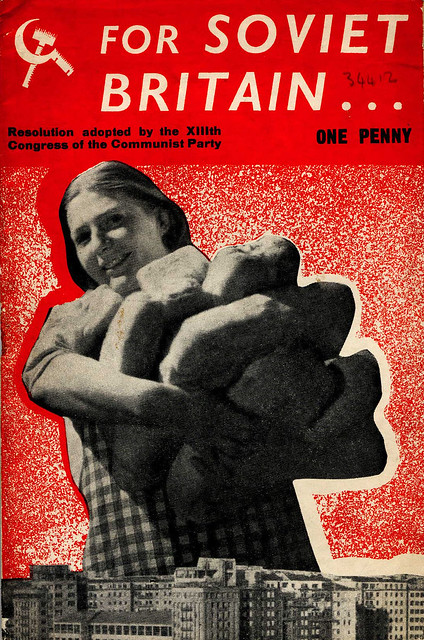Full time Postgraduate Research Student Bursaries (at least two available) start date - October 2013
Each studentship will have a bursary of £13,726 per annum (pro-rata as a monthly payment) plus UK/EU Fees paid for a period of three years.
If you are an enthusiastic high achieving
student looking to undertake a PhD in a vibrant research environment,
then join us by applying for a full time bursary. The successful
applicants will undertake their research in our new Centre for Applied
Social Research (CeASR) working within Research Theme 3: ‘Sex, Gender, Identity, Power and Risk’
Researchers and potential PhD supervisors working this theme are:
Dr. Bridgette Rickett,
Dr. Sarah Kingston,
Dr Peter Branney,
Dr. Katy Day,
Dr. Natalia Gerodetti, Dr. Helen
Fawkner,
Dr Zoe Kolokotroni,
Dr. Kate Milnes and
Dr. Tamara Turner-Moore
PhD Studentship
applications are particularly welcome from students aiming to conduct
research that examines aims/research questions that fall within the
areas of
social science research and within the themes of sex. gender, power, identity and risk.
We are also interested in proposals that examine/explore the
exploitation, marginalization, victimization and potential
empowerment/risk reduction. Lastly, we would also be interested in
applications that have a focus on the intersections of gender, culture,
social class and race.
To discuss any ideas further please contact ‘Sex, Gender, Identity, Power and Risk’
theme leaders Dr. Bridgette Rickett (b.rickett@leedsmet.ac.uk) and Dr. Sarah Kingston (S.Kingston@leedmet.ac.uk)
Closing deadline – 7th June 2013
For further details and how to apply see:
http://www.leedsmet.ac.uk/research/research-bursaries.htm









